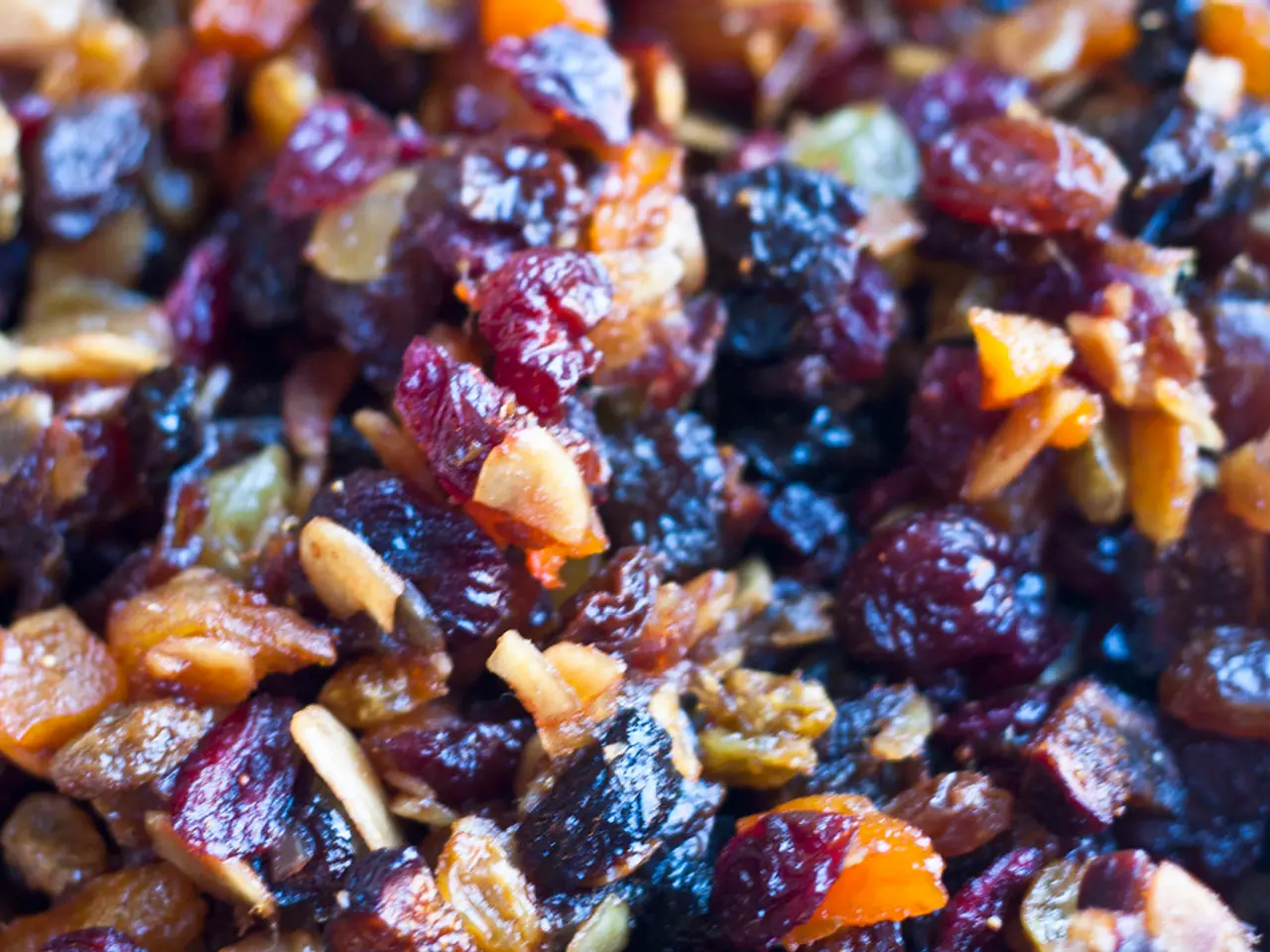Enhancing Immunity with Top 5 Vital Nutrients
A strong immune system is crucial for keeping sicknesses like colds and the flu at bay. One way to bolster your immune defenses is by incorporating certain vitamins and minerals into your diet. Here's a guide to some essential nutrients and the foods that are rich in them.
Vitamin C
Vitamin C acts as an antioxidant, protecting the body from toxins that cause inflammation. Red bell peppers contain the highest levels of Vitamin C, with over 190 mg per cup, followed by spinach, broccoli, citrus fruits, strawberries, kiwi, and tomatoes. This vitamin boosts the immune system by enhancing white blood cells’ activity, supports collagen production for skin and wound healing, and improves iron absorption.
Vitamin B6
Vitamin B6 is found in eggs, dairy, liver, fish, dark leafy vegetables, chicken, red meat, whole grains, bananas, and mushrooms. It supports biochemical reactions in the immune system and helps create new red blood cells.
Vitamin E
Rich in nuts (almonds, peanuts), seeds (sunflower seeds, pumpkin seeds), avocado, olive oil, and green leafy vegetables, Vitamin E acts as an antioxidant protecting cells from damage, supports skin healing, reduces oxidative stress, and aids beneficial gut bacteria.
Zinc
Zinc is essential for immune cell development and function. Pumpkin seeds, hemp seeds, cashews, almonds, sunflower seeds, and Brazil nuts are high in zinc, as well as asparagus and beet greens. Zinc is an anti-inflammatory and antioxidant that is responsible for making all immune cells function properly.
Selenium
Selenium supports immune responses, thyroid function, DNA production, and antioxidant defenses. Brazil nuts are the highest food source of selenium, followed by tuna, sardines, shrimp, spinach, kale, mushrooms, and other leafy greens. Selenium activates the immune system when there's a threat and tells it when to pump the brakes, protecting from chronic inflammation and autoimmune diseases like rheumatoid arthritis, Crohn's disease, and psoriasis.
By including these foods in your diet, you provide your body with antioxidants and minerals that help strengthen immune defenses by reducing inflammation, enhancing white blood cell activity, supporting skin and gut barrier integrity, and accelerating tissue repair, thereby improving overall immune resilience.
It's best to get your immune system-boosting vitamins through food rather than supplements if you can, and consulting a healthcare provider if you think you need a supplement. Regularly choosing a vitamin-rich diet over time strengthens the immune system for the long haul.
Staying hydrated can also boost immune health, as water helps the body produce lymph, which carries immune system cells. Eating nourishing foods rich in certain vitamins can help your immune system fight off illness. A simple rule for choosing fruits and vegetables is to aim for a wide variety of colors, as the more colorful, the better, to ensure a variety of health-boosting vitamins and nutrients.
- Incorporating red bell peppers, spinach, broccoli, citrus fruits, strawberries, kiwi, and tomatoes into your diet can provide significant amounts of Vitamin C, a crucial antioxidant that boosts the immune system, supports collagen production, and improves iron absorption.
- Selenium, found in Brazil nuts, tuna, sardines, shrimp, spinach, kale, mushrooms, and other leafy greens, is essential for immune responses, thyroid function, DNA production, and antioxidant defenses, making it vital for immune system resilience.
- Health-and-wellness practitioners often recommend consuming nuts like almonds and peanuts, seeds like sunflower seeds and pumpkin seeds, avocado, olive oil, and green leafy vegetables, which are rich sources of Vitamin E, an antioxidant that protects cells from damage and aids beneficial gut bacteria, supporting overall immune health.




